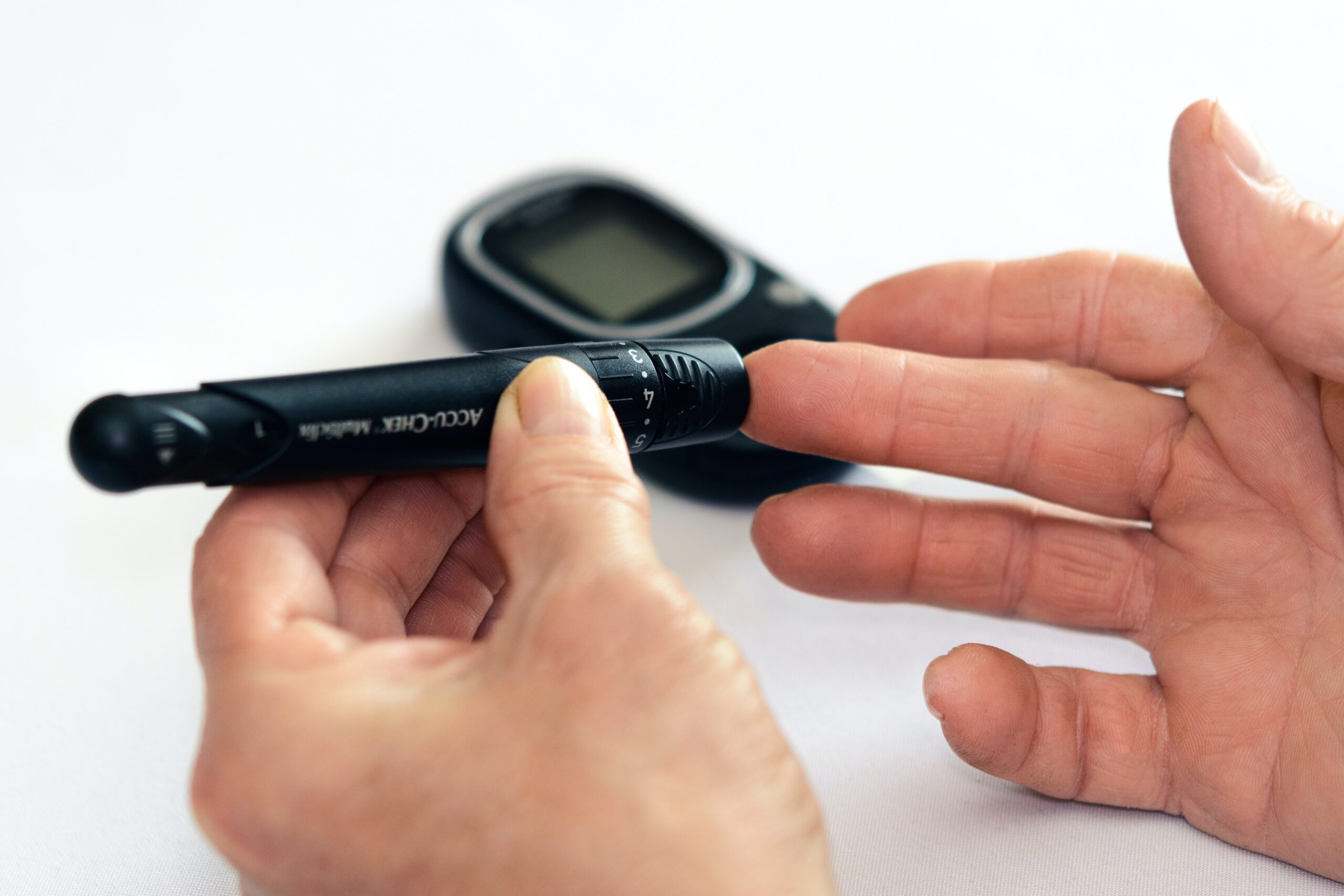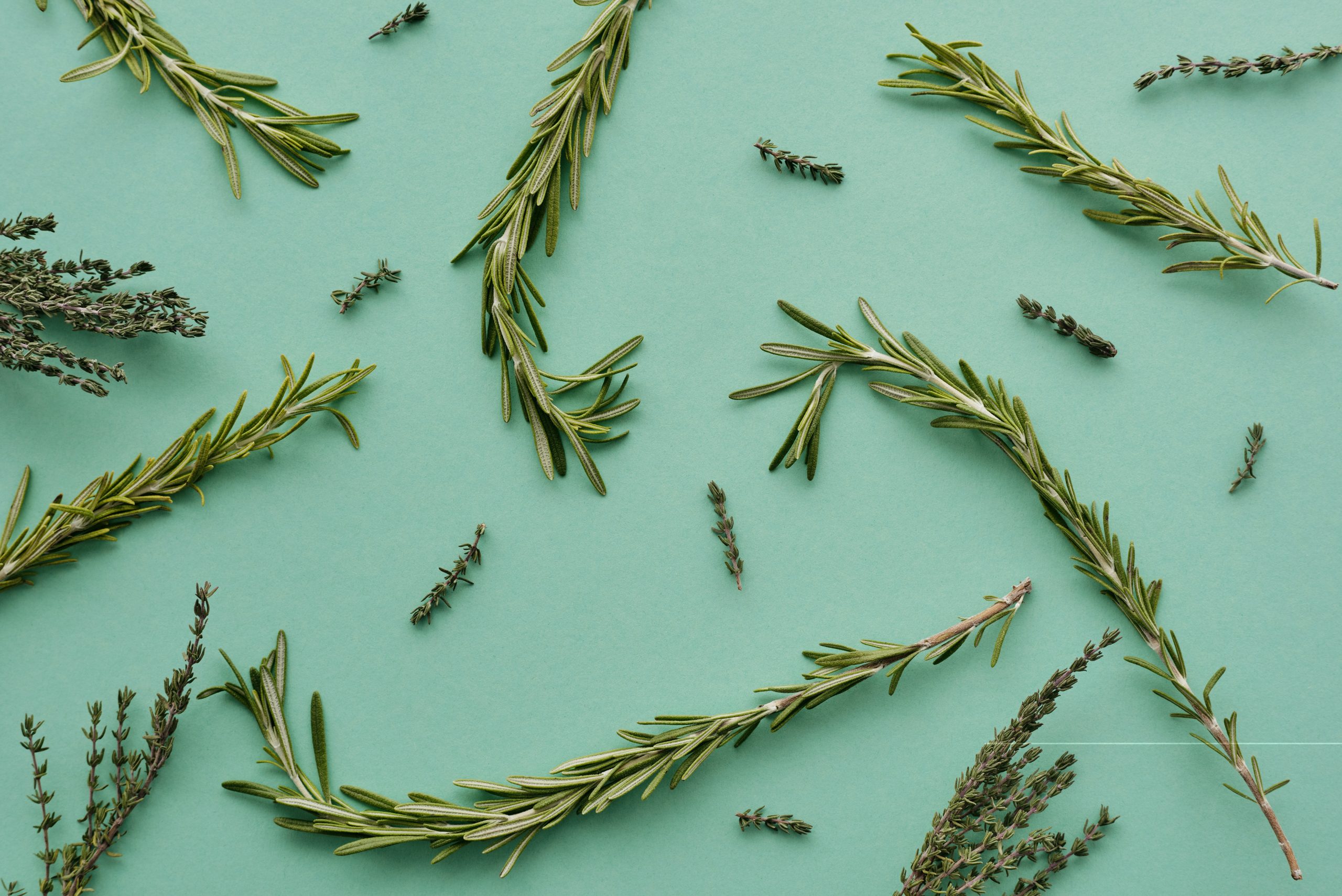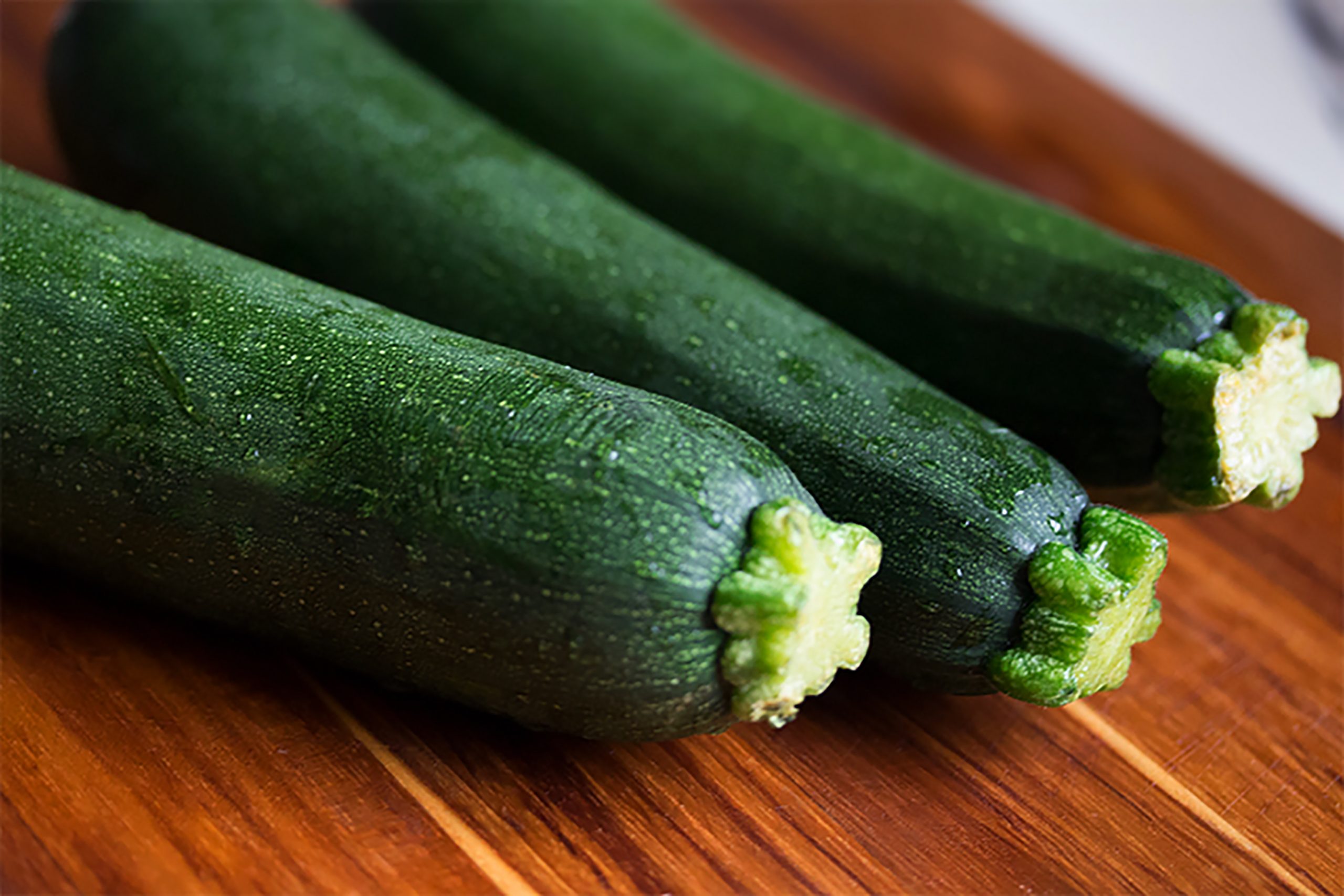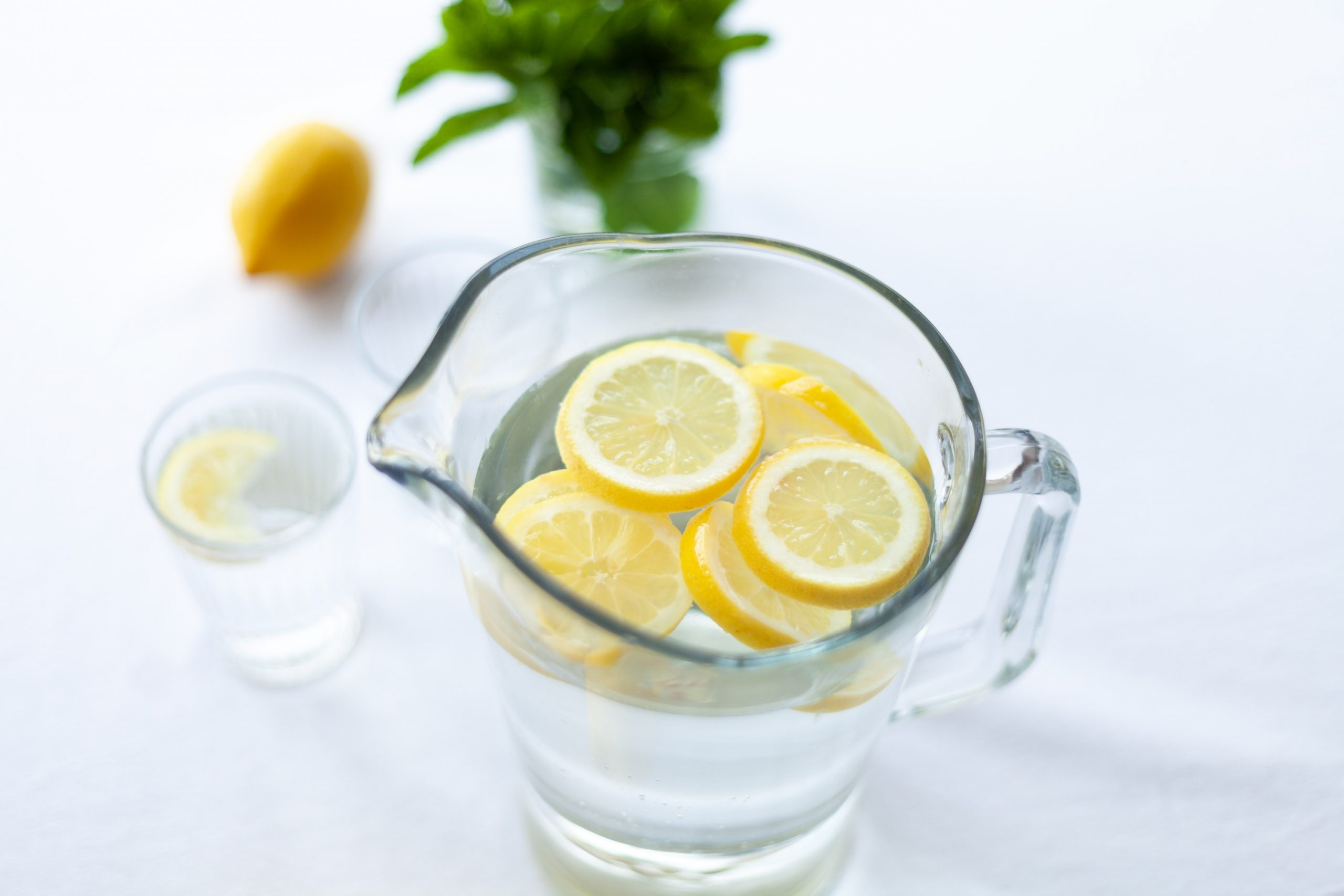8 Diabetes Early Signs to look out for
September 21, 2022Diabetes is a serious health condition when a person’s body stops utilizing sugar effectively which can lead to serious health complications over time, including heart disease, blindness, and even limb amputation. There are generally two common types of diabetes. Type 1-Diabetes: Where body’s auto-immune response takes down the insulin-producing cell hence which makes the body […]










